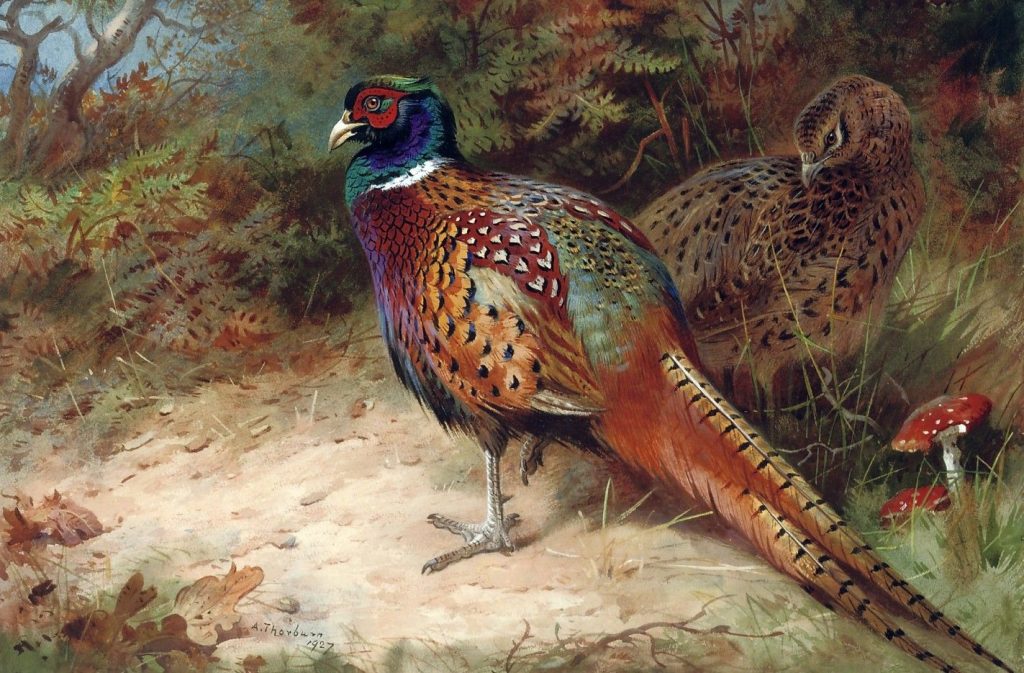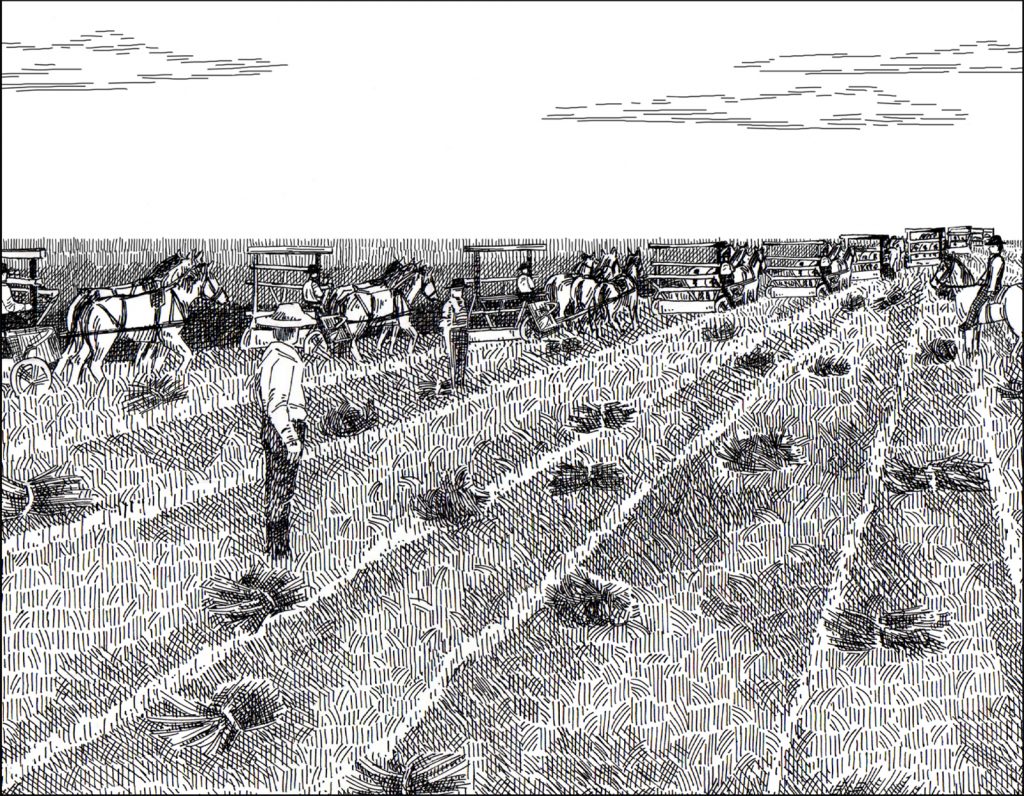Fiction by Matthew Baker excerpted from our Spring 2016 issue.
*
In 2003, on this planet, I was a loner at a certain high school in Detroit. That was the year my father disappeared. I have never told anyone about what I saw that year, although I probably should have. I am a writer now, or pretend to be. I publish stories nobody reads in journals nobody reads. For rent money, I pick cabbage, radishes, eggplant. In 2015, in midtown Detroit, everyone is a farmer, a goatherd, a beekeeper. It was at a farm that a financier coined that maxim. We cannot create value until we create scarcity. I remember thinking, houses or people? I live alone in an apartment with a mattress on the floor. I have never written about myself until now. I will mail this to my friend, who maybe will get someone to publish it. A magazine people read.
That year, the year of the disappearance, I had bony arms, bony legs, a few black hairs above my upper lip. A number of worries. A tendency to twitch. I often wore my father’s castoff sweatshirts, which didn’t yet fit me. One night we crossed together through the field of pheasants. My father was an illegal. An unwelcome immigrant. Before any assumptions have been made—a mustachioed man in a stained apron?—I should explain. My father wasn’t Mexican, Guatemalan, Honduran. My father had emigrated from Turkey, had been born in a fishing village near the ruins of Miletus. My mother had been born in Detroit. They weren’t married. Officially, in this country, my father didn’t exist. At the airport, he had told immigration he would be traveling, a brief vacation, five days. Approximately five thousand days later, he was still here. My mother said he was in hiding. He had degrees in physics, but here his degrees were meaningless. For years he had worked at an axle factory for an automotive corporation. I would rather avoid naming it: I am grateful he was given work, despite his status as an illegal, and wouldn’t want to cause it trouble. And, regardless, during the layoffs that autumn he had been fired. He hadn’t worked in months. He spoke flawless English, but it was rare to hear it. He was quiet, communicated largely through frowns and grunts, seldom spoke sentences longer than a single word. The exception was that night we crossed together through the field of pheasants.
The twilight was streaked with violet clouds. Pheasants scattered clucking ahead of us. Wind thrashed the grass. We were carrying bagged groceries. When I think of him, I think of him that night. A hulk draped with a fluttering trenchcoat, topped with a brown wool cap. Weathered skin, tangled beard, thick wrinkles under his eyes. Scarred fingers gripping plastic bags of eggs, tin foil, leafy celery. Beyond him, the abandoned warehouse. My father had led us into the field. The field wasn’t a shortcut. Rather, the field was a detour, would add whole minutes to our trip home. I didn’t realize until much later that my father might have needed that extra time to summon the courage to speak. As we crossed through the field, my father abruptly began speaking. Complex, eloquent, multiclausal sentences. About his youth. Playing among the phoenix statues in the ruins of Miletus. Being deflowered in an abandoned dovecote in his village, later deflowering another student in an empty classroom at the university. Armed robberies, political kidnappings, bombing attacks at the university, seeing a girl’s hands blown to stumps.
For us it was uncharted territory. Not the topics. He had spoken before, albeit monosyllabically, of his past. But that night he was speaking about feelings. Experiencing a feeling of wonder in the ruins, experiencing a feeling of vulnerability in the arms of these women, experiencing a feeling of terror at the university. That’s what was uncharted: that there were emotions. He had never revealed these emotions before. He was nervous. His voice wavered as we splashed through puddles. I understood even then that he wasn’t trying to lecture me, teach me anything, impart fatherly wisdom. He was seeking my approval. He was trying for my friendship. He was asking me to meet him in this new place. And I wasn’t able to. I listened to what he said, but I didn’t react. Even after he stopped speaking, midsentence, I was silent. I managed to say only a single thing. As we squeezed backward through the gap in the fence—my bags caught on a bent wire—I made an asinine comment about the weather. That was it. We didn’t speak again until we were home.
A month later he disappeared. My grandparents believed he had gone to a new city. My mother believed he had been mugged, killed, dumped in a deserted lot. Boys at school suggested he had killed himself. I didn’t know who to believe. Before he had disappeared, I had regretted what had happened. After he disappeared, I couldn’t forgive myself. That night in the field he had offered me something rare. I had been too afraid to take it. I wouldn’t have another chance.
…
To continue reading “Pheasants of Detroit,” purchase MQR 55:2 – FLINT AND BEYOND (Spring 2016) for $7, or consider taking out a one-year subscription for just $25.
Image: Thorburn, Archibald. “Cock and Hen Pheasant in the Undergrowth.” Pencil, watercolor. 1927.




